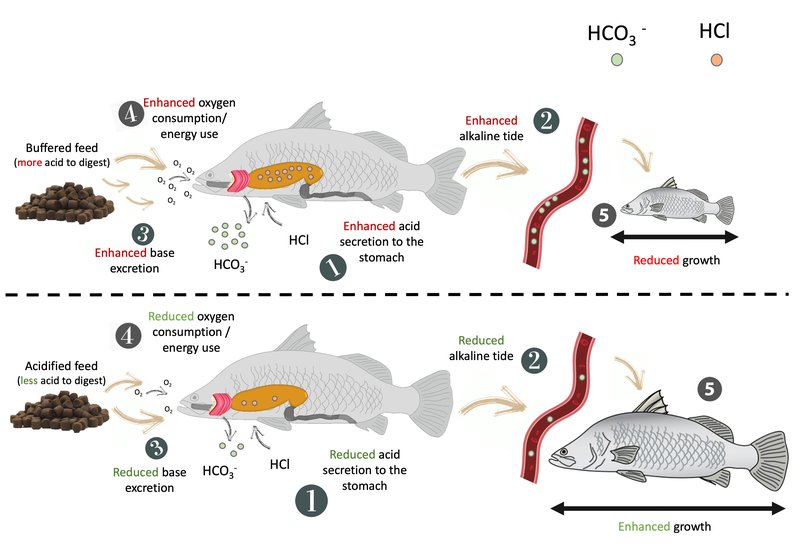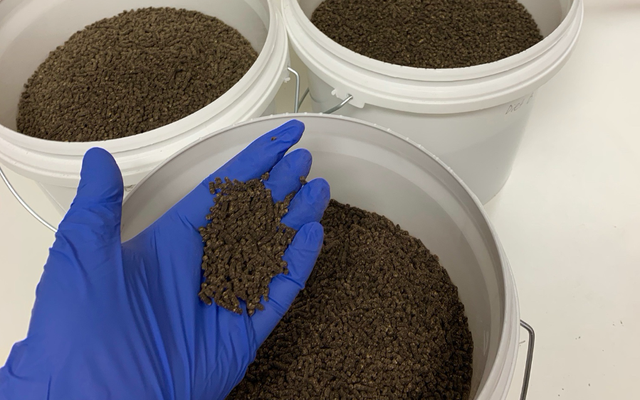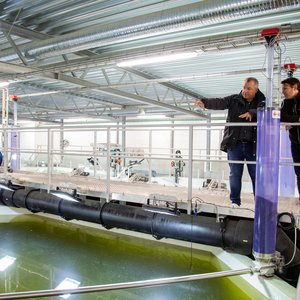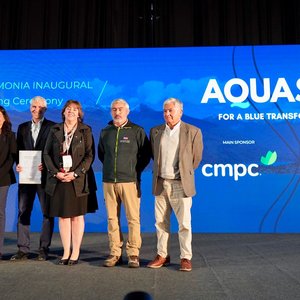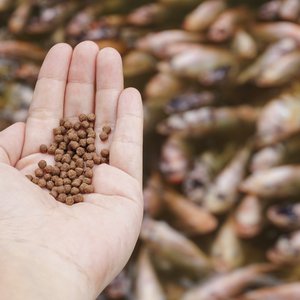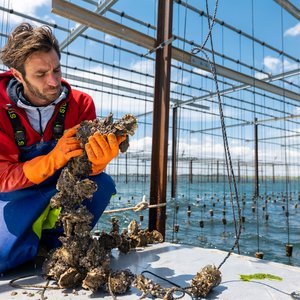The optimization of feed composition is fundamental to maximizing fish growth efficiency and performance in sustainable aquaculture. Traditionally, this has been achieved through altering the quantity, ratio or type of macronutrients in fish feeds. A team of researchers at the University of Queensland (Australia) and University of Exeter (UK), together with Ridley Aqua-Feed, presented an alternative approach in a recent paper that centers on reducing the energetic costs associated with digestion to enhance fish growth.
Acid secretion to the stomach and recovery from the associated blood alkaline tide (rise in blood pH and HCO3 following the consumption of a meal) contribute to the energetic costs of digestion in fish. Researchers tested the hypothesis that increasing the acidity of pelleted fish diets would reduce gastric acid secretion, the postprandial alkaline tide, the energetic cost of digestion and enhance the efficiency of converting food into growth.
Researchers examined the effect of three isocaloric diets of varying acidity on the growth, physiology and energetic costs associated with digestion in juvenile barramundi (Lates calcarifer). The consumption of an acidified diet in barramundi reduced the requirement for endogenous acid secretion to the stomach, prevented a post-prandial blood alkaline tide and reduced the total energetic cost of digestion by approximately 45%. This led to a 14% improvement in the conversion of feed into fish growth at 14 days. However, the observed improvements in feed efficiency declined over time. On day 28, there was no improvement in the conversion of feed into fish growth in fish fed an acidified diet.
“This study shows that components that make up a feed that have no nutritional value can also be manipulated to improve fish growth efficiency, but further research is required to determine the long-term implications of feeding on an acidified diet in fish,” said Harriet Goodrich, the PhD student conducting this experimental research.
Check out the study here.
